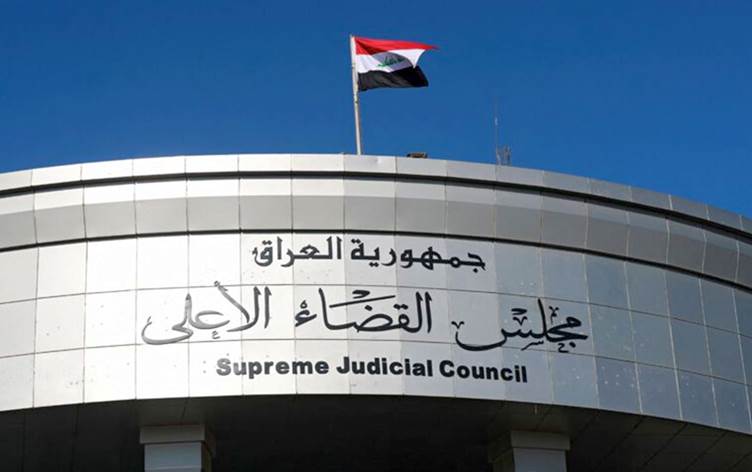ERBIL, Kurdistan Region - Iraq’s judiciary announced on Sunday that members of a group of Sadrist followers were sentenced to prison for spreading rumors claiming the Shiite cleric is a long-foretold messianic figure.
In April, a group called “People of the Cause” started spreading rumors that the long-awaited Imam al-Mahdi will appear at the Kufa mosque, at a time which coincided with the Shiite cleric Muqtada al-Sadr’s religious retreat at that mosque. The claims by the group that Sadr was the promised one enraged him, prompting him to announce the freezing of his Sadrist Movement for a year.
On Sunday, Iraq’s judiciary announced in a statement that Baghdad’s al-Karkh court sentenced 51 of the members of the group to one year in prison, and the leader of the group to two years.
According to the statement from the judicial council, the leader of the group recruited a large number of youth and released many statements as well as speeches to convince his followers that he was the Angel Jibrail (Gabriel) who came down from the heavens, and that he had been tasked with announcing the appearance of the long-awaited Mahdi.
The leader of the group planned to make the announcement live on Facebook on “Lailat al-Qadr”, which is a holy night in the month of Ramadan when Muslims spend the night praying and worshipping.
Islamic theology says that a messianic figure, known as Imam al-Mahdi among Shiites and Muhammad al-Mahdi among Sunnis, will emerge at the end of times to redeem Islam and rid the world of evil. Naming the figure is condemned by both sects, as it falls into the category of al-Ghaib (the concealed), which is information known only by God.
Sadr commands a large popular following and his movement has religious and charitable institutions. He was also involved in politics until he announced his “definitive retirement” last August after violent altercations broke out between his supporters and those of pro-Iran parties inside Baghdad’s fortified Green Zone.









Comments
Rudaw moderates all comments submitted on our website. We welcome comments which are relevant to the article and encourage further discussion about the issues that matter to you. We also welcome constructive criticism about Rudaw.
To be approved for publication, however, your comments must meet our community guidelines.
We will not tolerate the following: profanity, threats, personal attacks, vulgarity, abuse (such as sexism, racism, homophobia or xenophobia), or commercial or personal promotion.
Comments that do not meet our guidelines will be rejected. Comments are not edited – they are either approved or rejected.
Post a comment